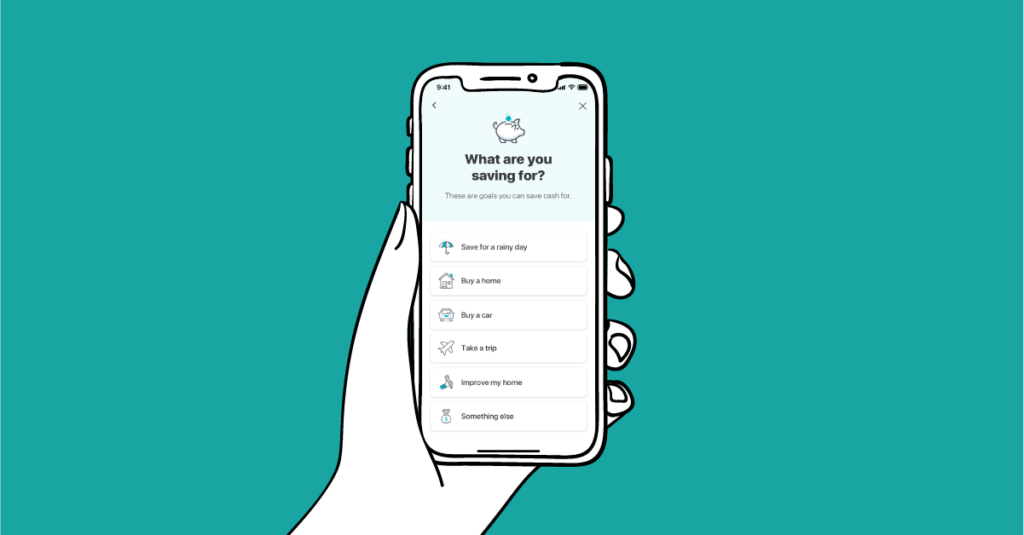It mostly doesn’t take long for our finances to spiral out of control, and monies fall from our pocket like leaves from trees. Therefore, it has become necessary that our spending and personal finances are kept under control. There are several ways to do this, and one effective method is the use of personal finance apps. The good news is, there are plenty of such budgeting apps to choose from. The bad news is, there are plenty of such apps to choose from. With each one trying to distinguish itself from the other, you have a problem with which to settle.
They designed all of these apps to help your personal finance, but they all have unique features to offer. One might specialize in the budget, the other in bill tracking. At the same time, another warns you of overspending.
There are a large number of these tools, and your choice could depend on specific preferences. But you need to know which ones are the best so you can make an informed choice. As a millennial in 2020, you are most likely going to be needing one of these apps. Here is a breakdown of the best 7 personal finance apps to help millennials in 2020.

Mint
There is no doubt that Mint is one of the best personal finance apps, and the oldest. This app, owned by Intuit, offers users plenty of features that can help them track and manage their money from their list of financial institutions, including credit card issuers, banks, lenders, brokerages, etc.
One of the app’s essential features is the budgeting tool at the front and center of the app after you log in. All your transactions are categorized automatically from debit and credit cards that are linked. You can track these transactions against a budget that you set and can change or customize based on your needs. You can track your spending by category, and you get alerts when you spend over your budget.
You Need A Budget (YNAB)
You Need a Budget is popularly referred to as YNAB by its users. In comparison to other personal finance and budgeting apps, its approach is unique. Instead of relying on traditional budgeting, you can develop your budget with the income you make. This way, every penny in your budget has a job, including debt payments, living expenses, investments, or savings.
YNAB is an ideal fit for both individuals and couples working together to meet a budget. The interfaces are available for both mobile and desktop. You can sync automatically with your bank account or manually enter your expenses. The goal tracking feature will help motivate you towards your financial goals.
PocketGuard
PocketGuard guards your pocket and prevents overspending, as the name suggests. It is linked to all your finances and financial accounts. Rather than help you keep a budget for the month, it allows you to keep track of your spending.
PocketGuard is a straightforward app to set up and link with your bank accounts. It keeps track of your earnings, amounts deposited in your savings account, everyday expenses, and how much you put into recurring bills for a period of time.
One feature of this app is to track the individual bills and look for opportunities for you to save. For example, it examines recurring bills from Internet companies, TV, and phone, and helps you find a better monthly service cost deal.
Wally
When it comes to comparison with some of the best personal financing apps, Wally’s navigation might come up short. However, it is one of the best apps for budgeting. Wally helps the users track their income and expenses while also offering them a snapshot of the amount left in their budget to avoid overspending.
One standout benefit of this app is the built-in support it has for almost all currencies. This gives the app an edge for people not living in the US.
Mvelopes
Mvelopes is an excellent app for budgeting your cash. It has a different budgeting style that allows users to place some money in separate envelopes for various reasons. Each envelope defines a spending category for the user. The moment you empty an envelope, it means that you have exhausted your monthly budget for the category. This is difficult to accomplish with credit cards and debit cards. But with the envelope, you can follow a different cash budget to reach your financial goals.
This app does not come free, but it gives users the ability to connect to finances while tracking the spending with envelope budgeting.
Personal Capital
This is an app for investors looking for investment advice. It is a free app with many budgeting features and allows users to access the tracking dashboard’s free money.
This app puts its emphasis on investments. They also offer automated, free analysis of your asset class, investment fees, and other details relevant to your investment.
It does not have a budgeting and cash flow tool like the other app, but it helps to track purchases from your account automatically.
Simple
This app is a lot more than just budgeting. It’s so much like an online account for banking, which replaces the normal checking account. It also has a lot of in-built budgeting features. Simple makes it easy to manage your account and keep things in check. So, you have total control of your monies as there’s only one app to view and manage everything.
Like other apps, it automatically tracks your income and expenses. It also helps to motivate you with a goal feature. It lets you know if you are on track with your budget or if you are overspending.
Conclusion
Many banking apps can help you manage your finance. The ones listed in this article are some of the best you can get around. They all have different features and can be used depending on your financial goals.